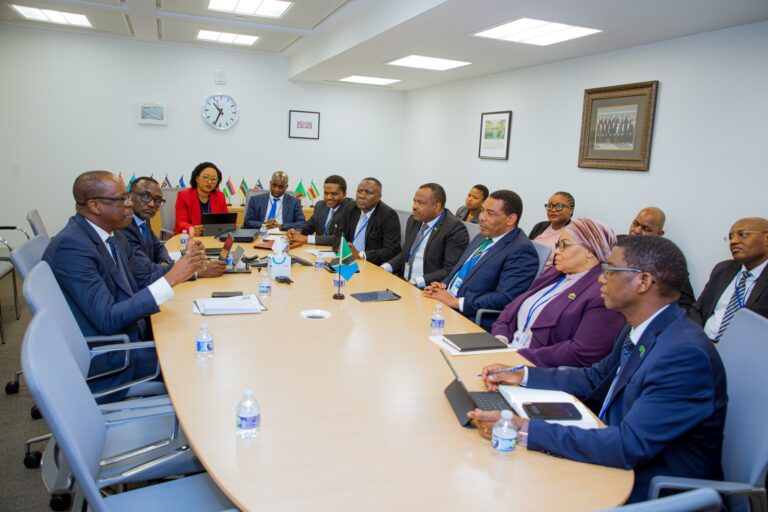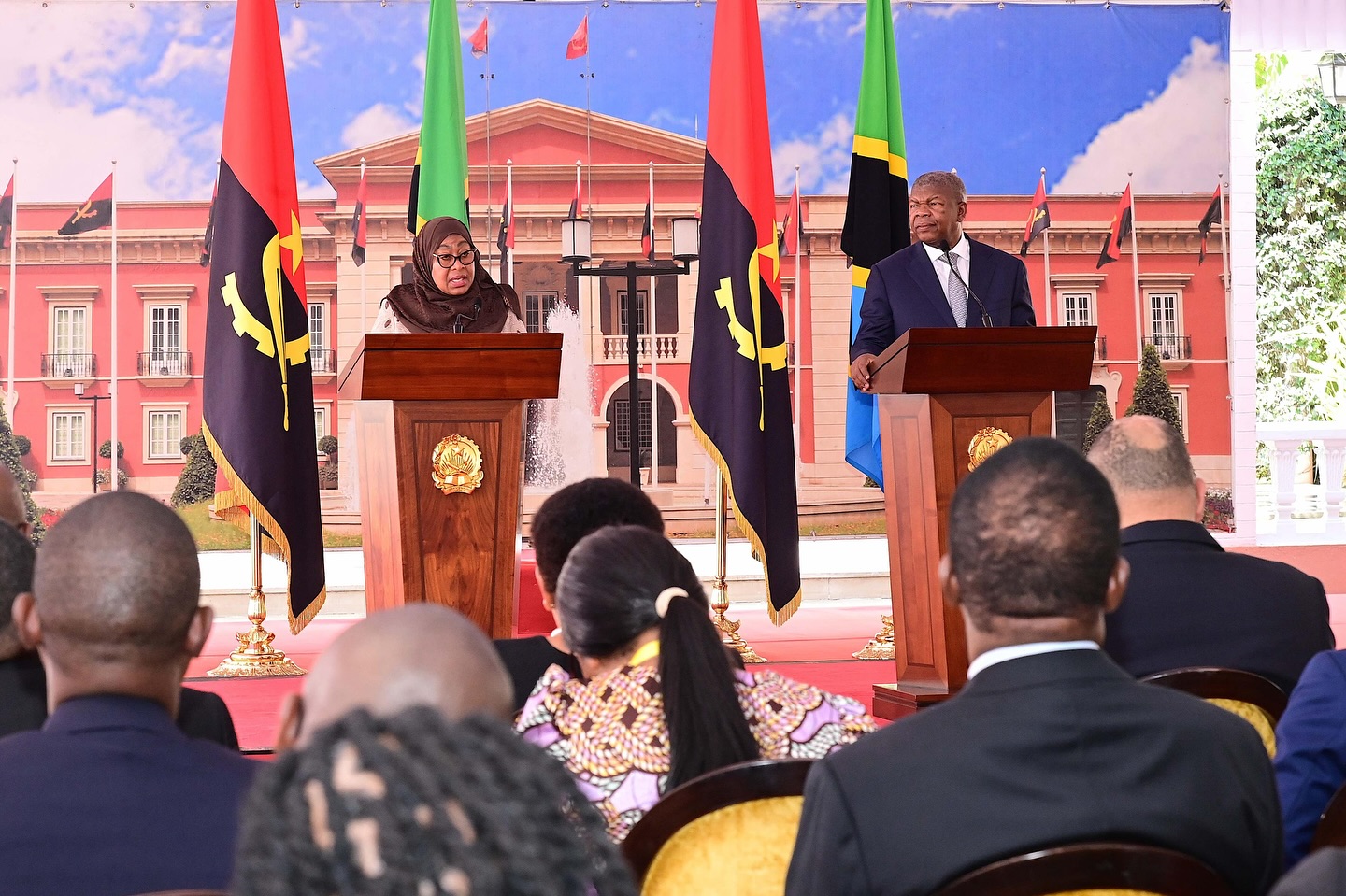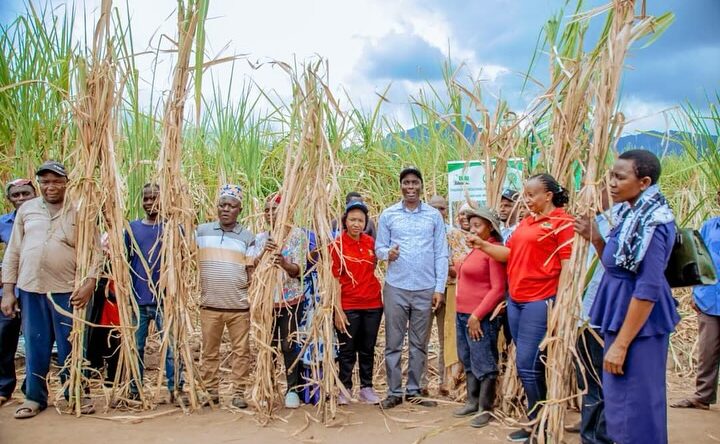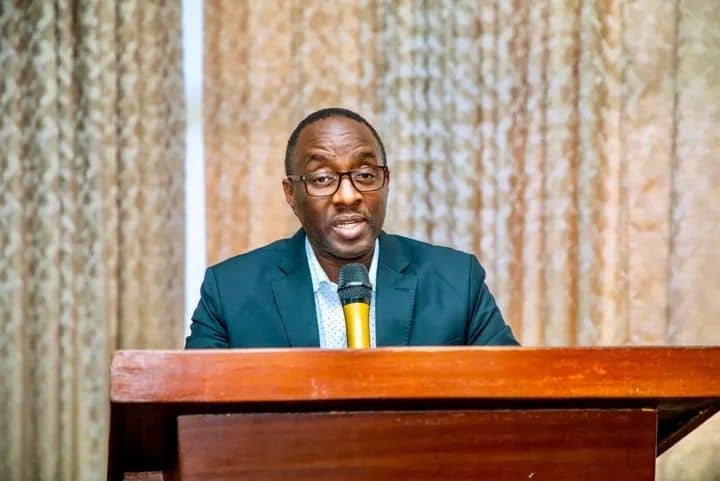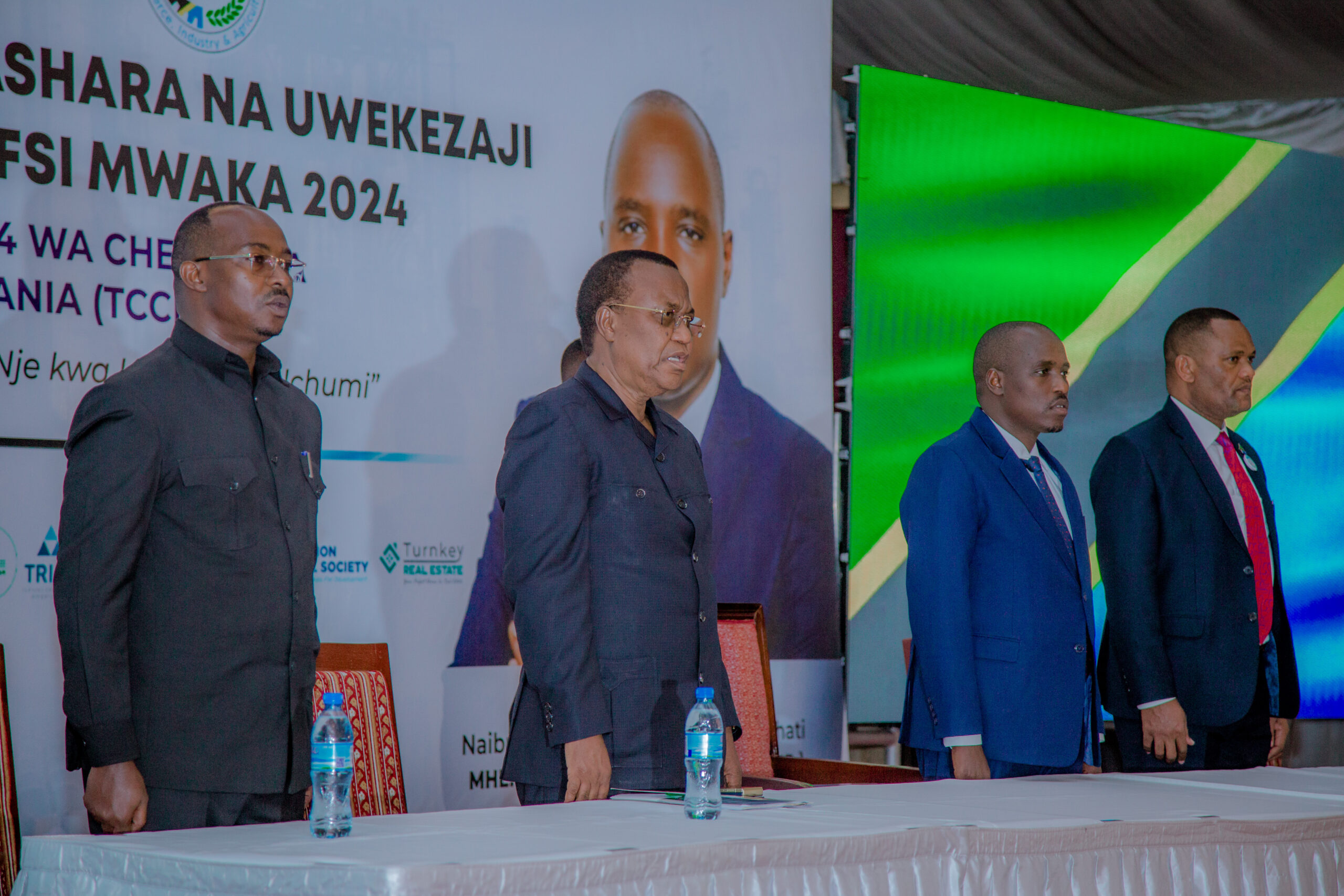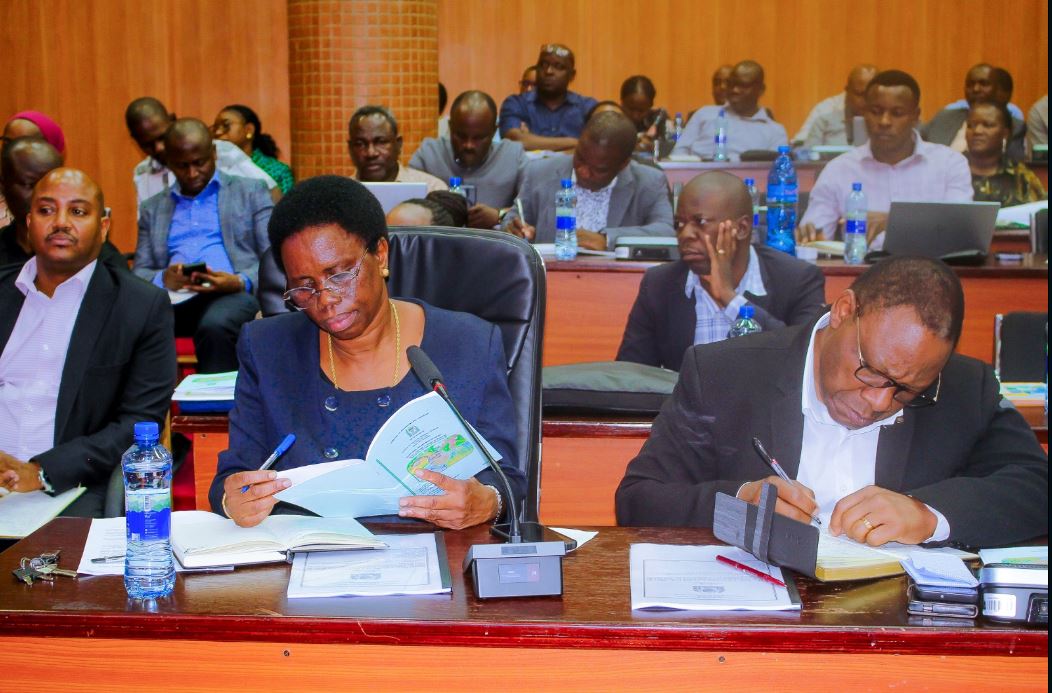Dar es Salaam. The minister for Finance Dr Mwigulu Nchemba is leading Tanzania’s delegation to the 2025 spring meetings of the International Monetary Fund (IMF) and the World Bank, which convene shareholders of the two Bretton Woods institutions.
On the sidelines of the meetings, Dr Nchemba reiterated Tanzania’s commitment to shielding its economy and protecting critical public services from the effects of recent shifts in American foreign aid policies—particularly those impacting key sectors such as health.
During discussions with executive director representing the Africa Group I Constituency at the IMF, Mr Adran Ubisse, Dr Nchemba said the government was mobilising domestic resources to cushion affected sectors through the 2025/26 national budget.
His remarks followed Mr Ubisse’s inquiry on how Tanzania intends to navigate the potential fallout from the US decision to reduce development assistance to African countries and introduce new tariffs on imports from the continent and beyond.
“The government has allocated additional funds through the 2025/26 national budget to finance critical sectors such as health that are directly affected by the policy changes,” Dr Nchemba said.
He added that the government would rationalise recurrent expenditure and redirect resources towards social services and productive sectors, with a view to safeguarding the country’s growing economy and ensuring continuity in service delivery.
He further said that Tanzania, like many other African nations, will not allow its development goals to be derailed by the foreign policy directions of donor countries.
“We shall take deliberate steps to prioritise public service financing, stimulate production, and invest in infrastructure. This will entail a comprehensive review of government spending and revenue systems,” Dr Nchemba noted.
Deputy Minister in the President’s Office (Planning and Investment), Mr Stanslaus Nyongo, also attended the meeting.
He noted that the government had completed preparations for the new National Development Vision 2050.
The blueprint—set to take effect from the 2025/26 financial year—seeks to reinforce self-reliance by strengthening key productive sectors such as agriculture and digital technology.
Mr Nyongo said the implementation framework for the vision is being developed in phases, and aims to raise Tanzania’s per capita income from the current $1,250 to $4,700 by 2050.
Mr Ubisse, for his part, commended Tanzania’s resolve to cushion its economy and maintain the delivery of public services amid growing uncertainty triggered by global policy realignments.
He said the IMF was working to enhance support for African countries through resilience-building programmes, including preparations for an anticipated increase in funding requests.
Dr Nchemba is one of the IMF and World Bank governors for 2025.
The role of governor is designated to shareholders of the IMF and World Bank.
He is accompanied by senior officials, including Mr Nyongo; Alternate IMF and World Bank Governors Dr Natu El-maamry Mwamba, who is the Permanent Secretary in the Ministry of Finance; and Mr Emmanuel Tutuba, Governor of the Bank of Tanzania.
Other members of the delegation are Secretary to the Cabinet Mr Nsubili Joshua; Economic Adviser to the President Dr Blandina Kilama; Permanent Secretary in the Ministry of Energy Mr Felchesmi Mramba; and Permanent Secretary in the President’s Office (Finance and Planning – Zanzibar) Dr Juma Malik Akil.
Also attending are the Deputy Permanent Secretary in the Ministry of Finance, Ms Amina Khamis Shaaban; and Executive Secretary of the Planning Commission, Dr Fred Msemwa, along with heads of various public institutions.

